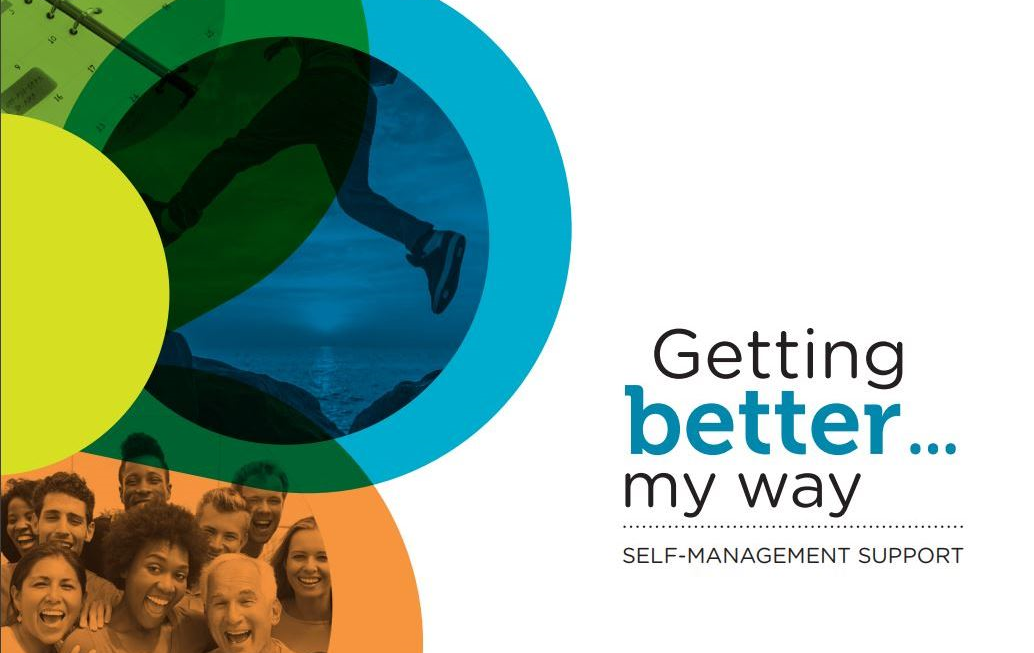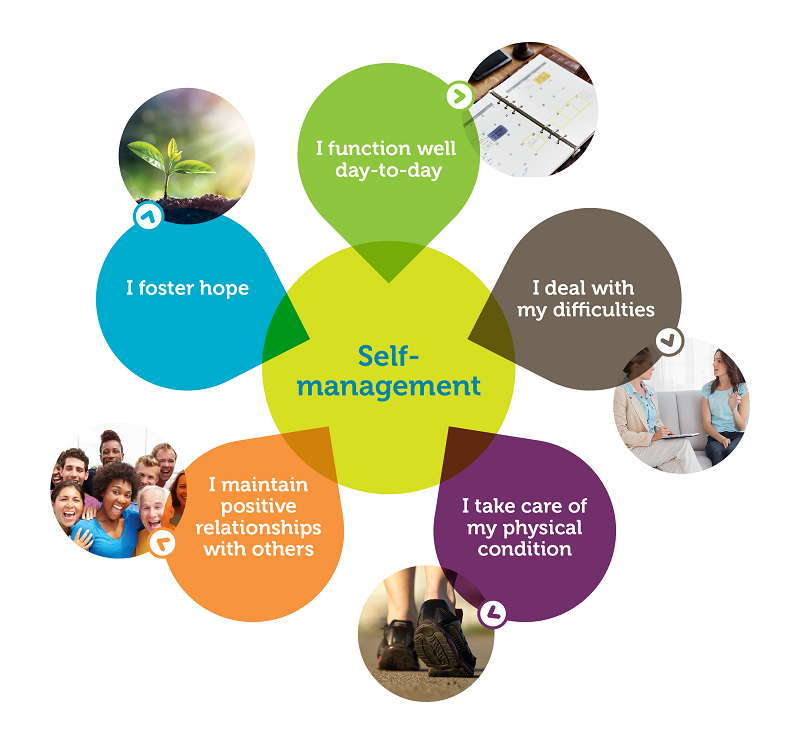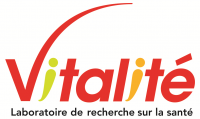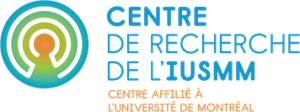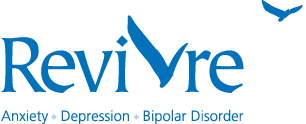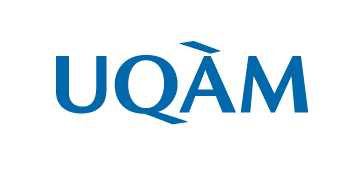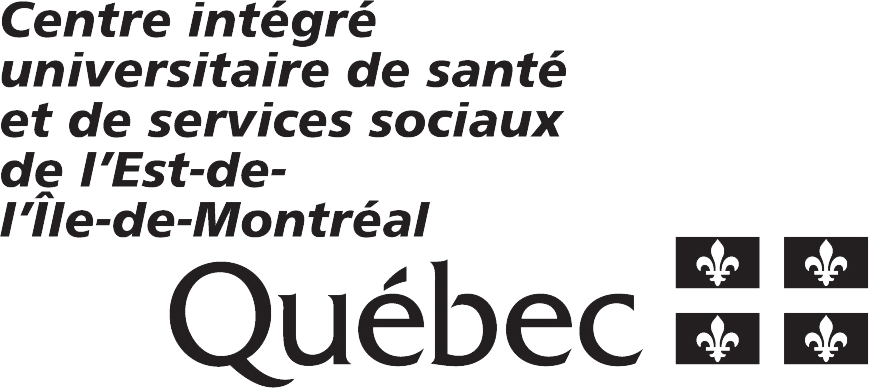
Benoit Martel
Benoit graduated with a master’s degree in history at UQAM, where he has continued to work in a research capacity since 2012 as the administrative coordinator and webmaster for Laboratoire Vitalité – a community psychology research laboratory. Benoit oversees web-development for the Getting Better My Way tool and actively assists in programming and web-design endeavours, most notably through his work on setting up a repertoire of helpful resources.

Kadia Saint-Onge
Kadia is a doctoral candidate in community psychology at UQAM. Her research interests center on the development of community health endeavours. Kadia is charged with revising the GBMY tool with a view to releasing Version 3. She was also involved in producing video capsules and setting up a repertoire of helpful resources.

Hugo Laporte
Hugo is a web integrator, web developer and head of design at the agency Web Lounge, with over 10 years of experience as a senior developer on TYPO3 and WordPress. Hugo is the programmer behind the platform for our Getting Better My Way tool. The launch of our web-based tool was made possible thanks to Hugo’s superior skills and level of expertise, contributing on many levels – from the structure, to programming and overall development.

Annie Beaudin
As a caregiver at the Revivre organization, Annie supports recovery and rehabilitation efforts for people living with anxiety, depression and bipolar disorders. For over 20 years now, she has been head coordinator for the Pairs Aidants Réseau (caregivers’ network) program within the Association québécoise pour la réadaptation psychosociale (AQRP). Annie was involved in every phase of the Getting Better My Way tool development.

Félix Arseneault
Félix Arseneault holds a bachelor’s degree in communications from the University of Laval and a master’s in information science from the University of Montreal. Félix contributed to adding some finishing touches to the Getting Better My Way tool’s online platform. Bringing new perspectives to the project in the final stages, his involvement led to a more dynamic and interactive final product. His assistance in producing video capsules also proved invaluable.

Sandra Lachance
Studying for a bachelor’s degree in psychology at UQAM, Sandra has a keen interest in mental health and community wellbeing, as well as in empowerment, environmental psychology and art therapy. She was also involved in producing video capsules and setting up a repertoire of helpful resources for the Getting Better My Way project.

Stephanie Radziszewski
Stephanie is a doctoral student in community psychology at UQAM. Her research interests center on the use of participatory action research in research endeavours to examine social inequalities in health matters. Stephanie was involved in every phase of the Getting Better My Way tool development, from its humble beginnings and its very first paper version. She also appears in a video capsule presenting one of the Getting Better My Way project development phases on the website.

Simon Coulombe
Simon Coulombe is an adjunct professor at the Université Wilfrid-Laurier and has been working as an associate professor at Laboratoire Vitalité since 2016. Conjointly with Janie Houle, he has worked on the Flash on My Neighbourhood!, Getting Better My Way, Savoirs partagés, Espaces verts et santé mentale projects. Simon’s fields of expertise center on wellbeing, resilience, self-empowerment and personal initiatives residential settings, self-management initiatives in community mental health services, the socio-ecological model and instrument development.

Janie Houle
Head Researcher
Dr. Janie Houle is a researcher and community psychologist. Her work centers predominantly on self-management initiatives for mental health disorders, with a focus on positive mental health and recovery. In her research endeavours, Dr. Houle concentrates her efforts on rehabilitation for depressive disorders, attending just as much to the lessening of symptoms as to the bolstering of positive wellbeing. Her research at Laboratoire Vitalité is part of a communal objective to improve mental health for vulnerable populations (e.g. low socio-economic status and other challenges related to mental illness).

